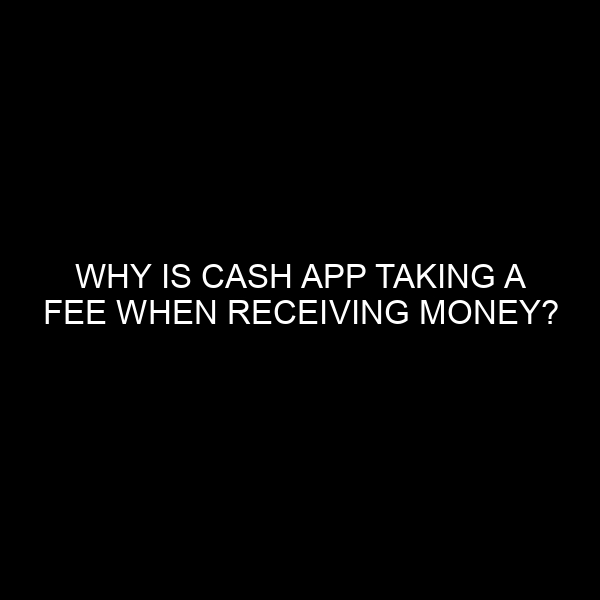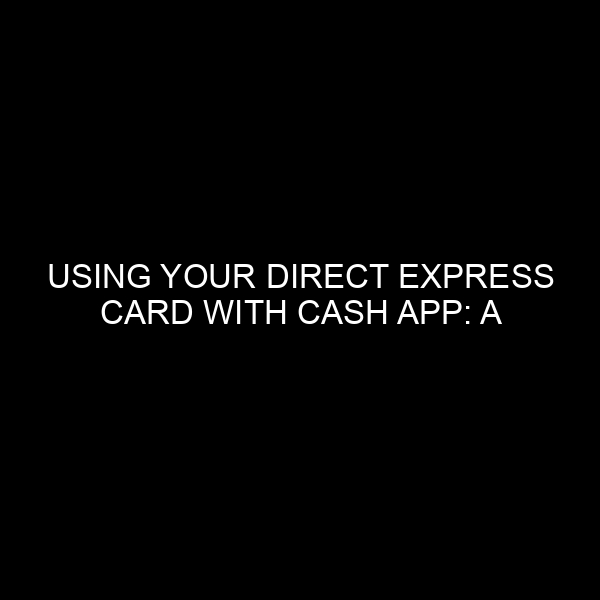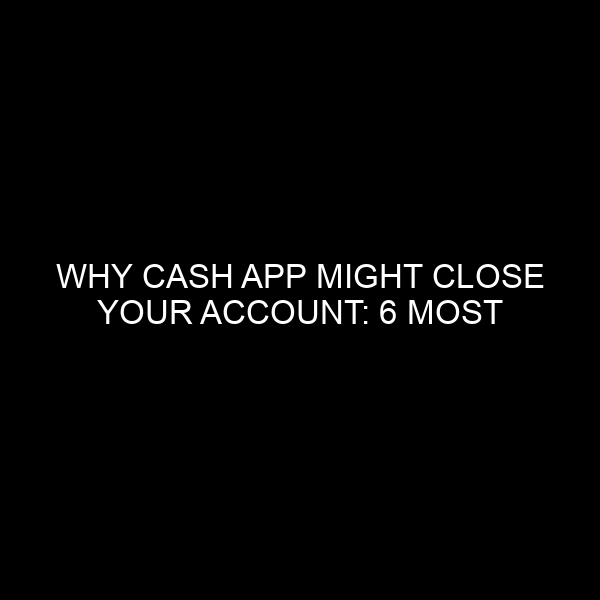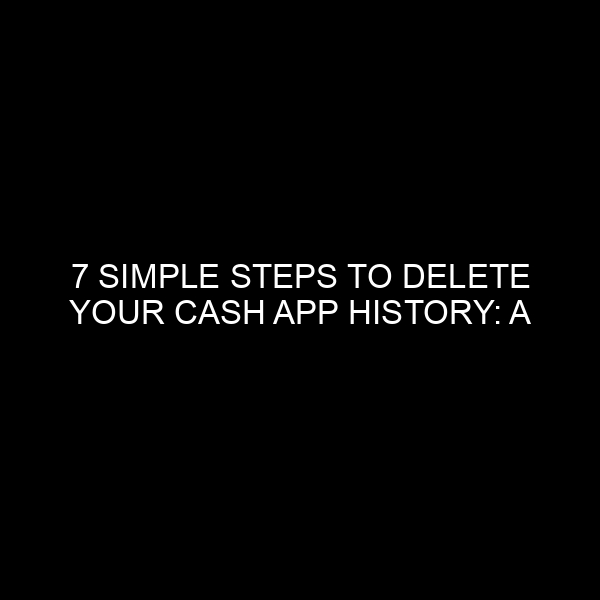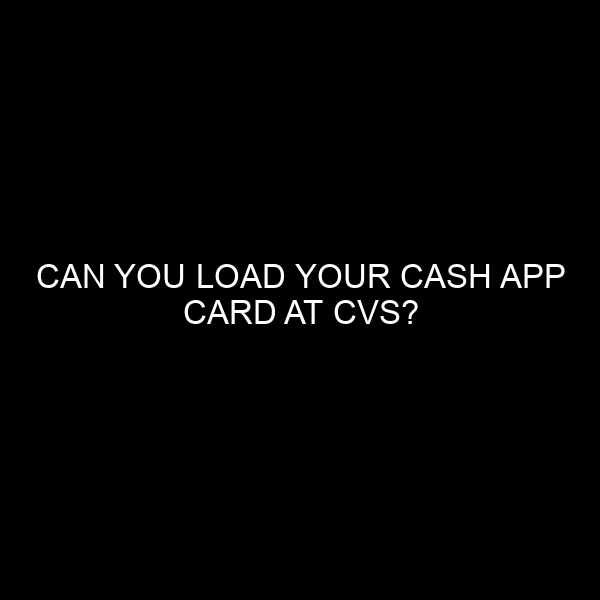Why is Cash App Taking a Fee When Receiving Money?
The rise of peer-to-peer payment systems like Cash App has revolutionized the financial landscape. They allow for instant monetary transfers between individuals and offer a user-friendly platform for various financial transactions. But for many users, a sudden realization comes when they notice a small fee subtracted from certain incoming transactions.
The Underlying Economics of Digital Transactions
To understand the mechanics of fees, we must first appreciate the infrastructure that supports these applications. Digital transfers, though seemingly instantaneous, involve complex processes running in the background, powered by numerous algorithms and backed by significant infrastructure. Each transaction, whether a payment, withdrawal, or deposit, incurs costs to process. These costs, albeit small for each transaction, accumulate over millions of transactions.
Operating Costs and Infrastructure Maintenance
Just like a brick-and-mortar bank has to manage its physical premises and pay for utilities, security, and employees, digital platforms like Cash App have overheads. They maintain vast server farms to ensure uninterrupted service, employ a host of developers to fix bugs, improve user experience, and ward off potential security threats, and invest in marketing to attract and retain users.
Such services do not come cheap. For instance, the cybersecurity protocols protecting your financial data from hackers require ongoing investment in the latest technology and expertise. The ‘free’ service that many take for granted when sending or receiving small amounts actually costs the company substantially.
Competitive Advantage vs. Sustainable Business Model
Every business aims to offer something of value to its consumers while also turning a profit. Initial forays into the market, especially in the fintech space, often involve offering services at a loss to build a user base. Cash App, like many of its contemporaries, initially provided services with minimal or no fees to attract a critical mass of users.
However, as with any business, long-term sustainability requires revenues that exceed costs. By introducing fees on specific transactions, Cash App ensures it can continue to offer its array of services while also investing in improvements and innovations.
When Does Cash App Charge Fees?
It’s important to delineate the circumstances under which Cash App levies a fee:
- Instant Transfers: Cash App offers the option to transfer funds to a linked bank account instantly. While standard bank transfers, which might take 1-3 business days, are free, the instant transfer option comes with a fee.
- Business Transactions: If you’re receiving money for a product or service, Cash App might classify the transaction as a business one, incurring a fee. This mirrors practices in other payment platforms like PayPal where merchant transactions aren’t free.
- Credit Card Linking: Sending money through a linked credit card also attracts a fee. This is because credit card companies charge a fee for their services, a part of which is passed onto the user.
Comparing with Traditional Banking
Traditional banks have always charged for various services. Whether it’s a wire transfer, overdraft, or even monthly maintenance in some cases, fees are a staple in the banking world. Digital platforms, while reducing many of these fees, still need to find a balance to remain operational. When put in perspective, the charges by platforms like Cash App are often more competitive than those levied by mainstream banks.
Transparency is Key
The financial industry thrives on trust. Recognizing this, Cash App, and its parent company Square, have prioritized transparency. All fee structures are clearly outlined in their terms of service, and users are advised to familiarize themselves with these to avoid unexpected charges.
Conclusion
The digital age has ushered in unparalleled convenience. With a few taps, we can send money across the globe, pay for services, or split a dinner bill. Platforms like Cash App have been at the forefront of this revolution. However, the infrastructure that allows such convenience comes at a price. By charging fees on specific transactions, Cash App ensures that they can continue to provide a seamless experience while constantly evolving to serve their users better. As savvy users, it’s crucial to stay informed about these charges and navigate the digital finance landscape with confidence.
